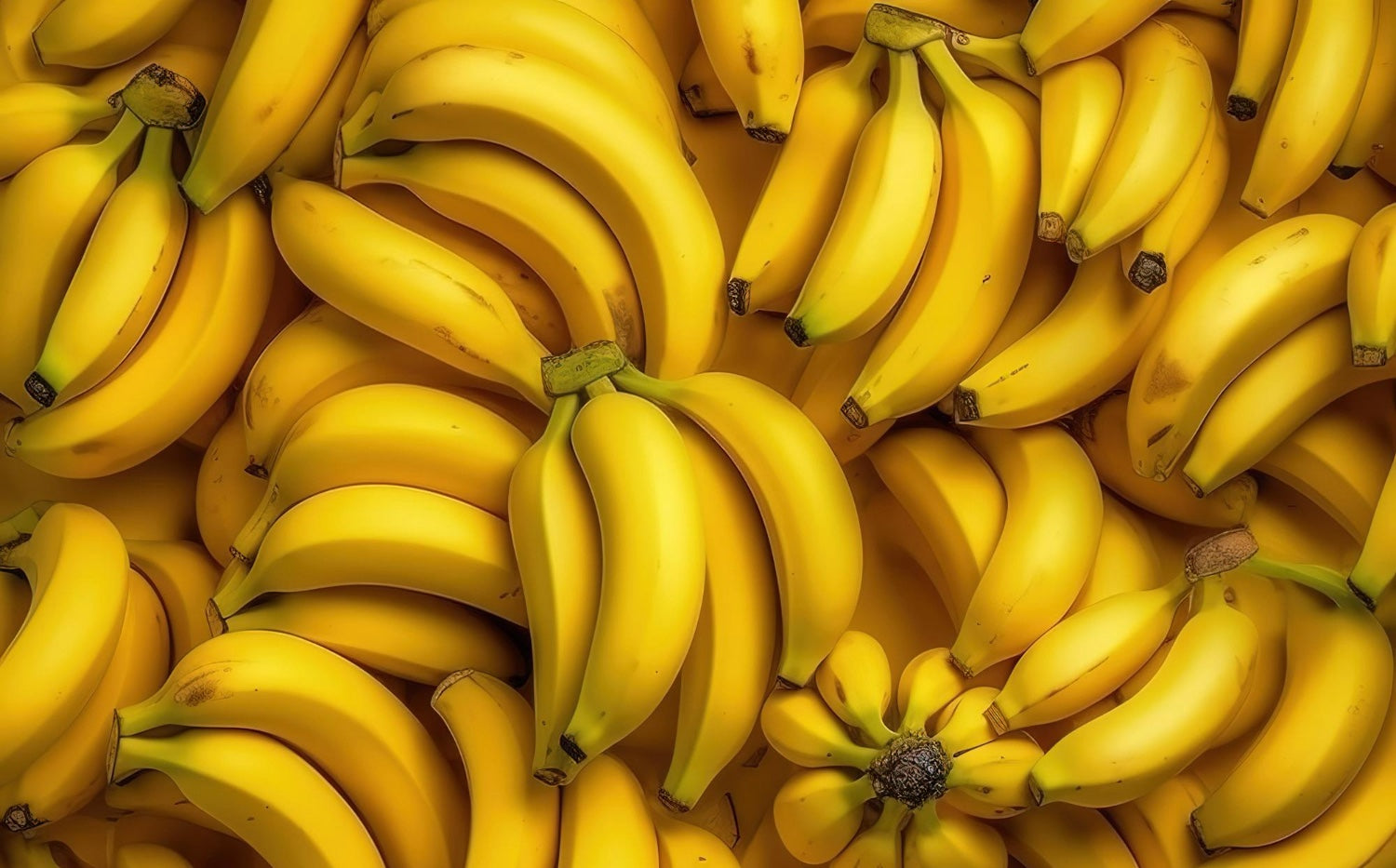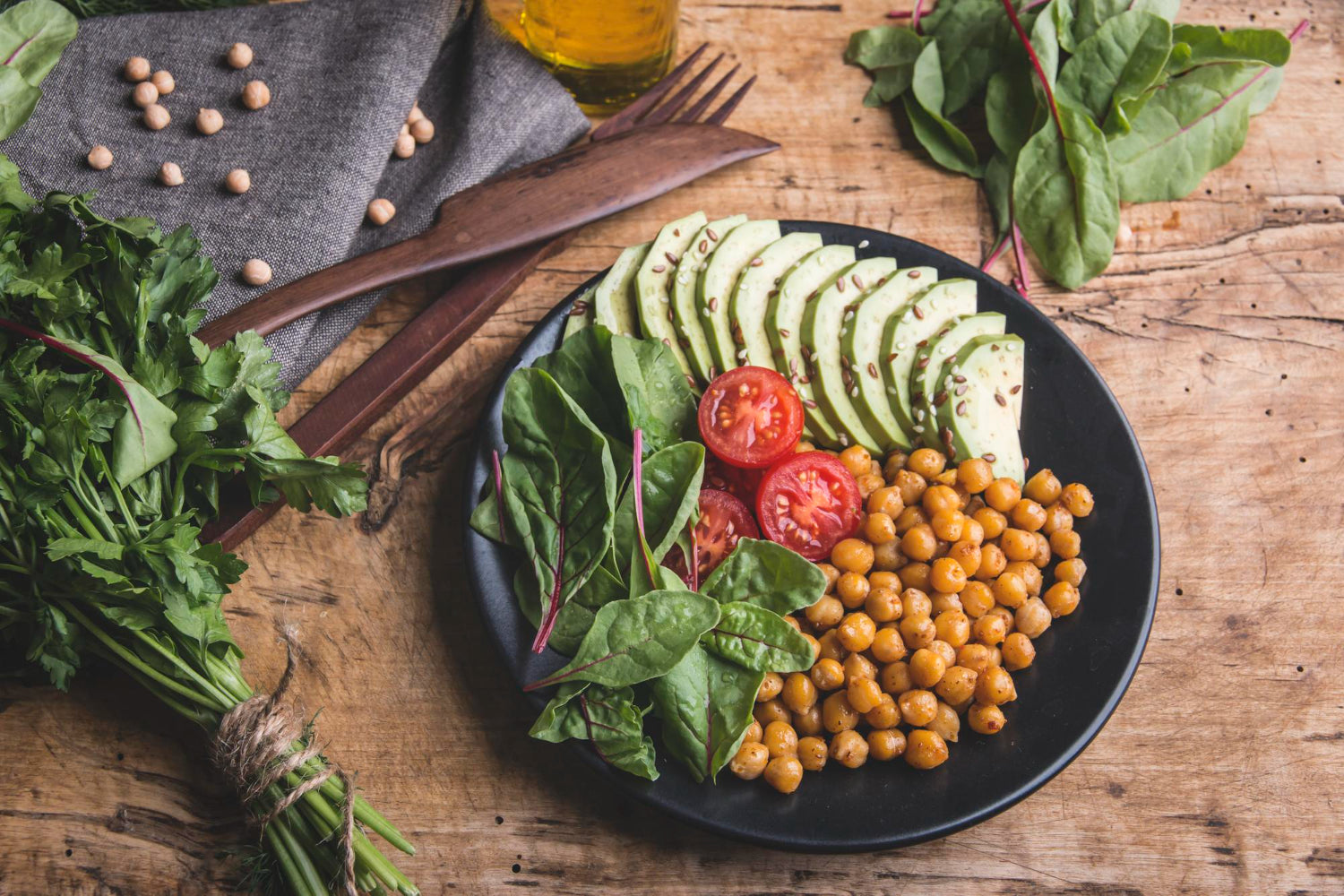Electrolytes are often hailed as the unsung heroes of our bodily functions. While they diligently keep your body hydrated, your nerve signals firing, your muscles moving smoothly, and your cells perfectly balanced, they often fly under the radar, overshadowed by the dietary headliners: proteins, carbs, and fats. But make no mistake — skipping out on these mighty minerals can have profound implications for your health and performance.
Whether you’re an athlete striving for peak performance, a fitness enthusiast looking to optimize workouts, or simply someone aiming to enhance overall well-being, understanding the importance of electrolytes and incorporating electrolyte-rich foods into your diet is essential.
So, which foods are high in electrolytes? We’ll share those shortly, but first, let’s review what electrolytes are and how they work.
What Are Electrolytes?
Electrolytes are essential minerals that carry an electric charge when dissolved in water or bodily fluids. These minerals play a fundamental role in various physiological processes, helping to regulate hydration levels, support nerve impulses, facilitate muscle contractions, balance pH, and maintain overall cellular balance. As Ron Burgundy would say, they’re kind of a big deal.
The key players in the electrolyte family include sodium, potassium, magnesium, chloride, bicarbonate, and phosphate. Of these, three are the most important to focus on:
- Sodium: Helps maintain fluid balance, aids in nerve transmission and muscle contractions, and regulates blood pressure and volume.
- Potassium: Maintains proper heart and muscle function, conducts nerve impulses, and balances bodily fluids and electrolytes.
- Magnesium: Facilitates hundreds of biochemical reactions, including those involved in nerve function, muscle contraction, maintaining a steady heartbeat, and supporting immune system health.
Your body continuously loses electrolytes through various mechanisms, including sweating, urination, and even breathing. Consequently, it’s essential to replenish these lost electrolytes through dietary sources to ensure optimal bodily function and prevent electrolyte imbalances and deficiencies that can lead to dehydration, fatigue, muscle cramps, and other health issues.
8 Foods High in Electrolytes
You’ve likely come across those sugar-laden, neon-colored sports drinks at corner stores. While those aren’t the healthiest options, healthy electrolyte drinks, like IQMIX, do exist. However, electrolytes aren’t exclusively found in drinks. Many foods are rich sources of these vital minerals, too.
In addition to mixing a packet of IQMIX in water for an instant, healthy electrolyte beverage, you can help your body meet its electrolyte needs by incorporating the following foods in your diet:
#1: Bananas
While bananas offer 32 mg of magnesium and 25 mg of phosphorus, they’re particularly rich in potassium (375 mg), an electrolyte that helps regulate heart function.[*] Additionally, unripe green bananas are a good source of resistant starch and pectins, which are beneficial for colon health.[*]
🍌 Try adding half a banana to a green smoothie, oatmeal, or peanut butter toast.
#2: Avocados
You probably don’t need another reason to love avocados, but we’re going to give you one anyway. One avocado offers a whopping 728 mg of potassium and 43 mg of magnesium. This creamy fruit also provides a good dose of anti-inflammatory unsaturated fats and vitamin E.[*]
🥑 Add avocado to salads, smear on whole grain toast, or add to a green smoothie.
#3: Sweet Potatoes
Sweet potatoes are a delicious and antioxidant-rich way to support your potassium intake, offering 754 mg per cup (mashed). They’re also rich in magnesium, sodium, and calcium. Talk about an electrolyte powerhouse!
🧡 Mashed or whole sweet potatoes make an excellent side dish, offering a source of healthy carbohydrates to your meal.
#4: Spinach
Spinach has an impressive nutrient profile, particularly when it comes to its mineral content. It’s brimming with calcium, potassium, sodium, and magnesium — offering 30 mg, 167 mg, 24 mg, and 24 mg per cup, respectively.[*] Other leafy greens, such as kale and collard greens, are also good sources.
🌱 Due to its mild flavor, spinach can easily be added to a wide range of dishes, such as stews, soups, scrambles, and smoothies.
#5: Legumes
Beans and lentils are not only rich in fiber, but also essential electrolytes, particularly potassium. For instance, one cup of cooked lentils (without salt) provides an impressive 731 mg!
🍲 Get creative in the kitchen by adding beans and lentils to soups, chilies, and curries.
#6: Watermelon
This refreshing fruit offers 170 mg of potassium per cup of cubed watermelon. It also provides magnesium and phosphorus in smaller amounts. While all fruits and veggies contain electrolytes, watermelon is unique in that it’s extremely water rich, providing over ½ cup water per cup of cubed watermelon.[*] A hydration-electrolyte one-two punch!
🍉 Enjoy watermelon as a healthy dessert or a pick-me-up on a hot summer’s day.
#7: Yogurt
Yogurt stands out as a top source of calcium and other electrolytes. For instance, a 5.5-ounce serving of plain, non-fat Greek yogurt packs 220 mg of potassium, 212 mg of phosphorus, 173 mg of calcium, and 56 mg of sodium. Other dairy products like milk and cheese also serve as good sources.
💪🏼 Consider blending yogurt into your next smoothie or incorporating it into dips.
#8: Salt
The allure of salty foods isn’t just a matter of taste—it’s a biological necessity. Sodium, found abundantly in salt, is essential for our survival. However, we’ve been led to believe that salt is detrimental to our health, with guidelines suggesting a daily intake of less than two grams.
The most pervasive myth surrounding sodium is its supposed link to negative heart health effects. Surprisingly, scientific evidence doesn’t support this notion. In fact, studies have shown quite the opposite. For instance, a 2011 study revealed that participants who excreted less sodium in their urine—a reliable indicator of prior consumption—actually faced a higher risk of dying from heart disease. Other studies confirm these observations.[*][*]
Existing literature suggests that consuming around five grams of sodium per day, roughly equivalent to 2.5 teaspoons of salt, may actually be the optimal amount for mitigating the risk of heart disease.[*]
💧 Another myth is that sodium dehydrates you. False! In fact, sodium is needed for optimal hydration. So, embrace your salt shaker, especially if you eat a whole foods diet or keto diet.
Top Up Your Electrolyte Reserves with IQMIX
In addition to adding these electrolyte-rich foods to your menu, another convenient way to ensure you’re meeting your body’s electrolyte needs is by using IQMIX — a sugar-free electrolyte drink mix supplement formulated around four nutrients shown to improve hydration, cognitive performance, and mood.
Each packet of IQMIX contains the following:
- 500 mg sodium
- 450 mg potassium
- 750 mg Magtein®, a clinically studied form of magnesium (Mg L-threonate) that crosses the blood-brain barrier[*]
- 250 mg of super-concentrated lion’s mane mushroom, which supports brain health and function[*]
😋 IQMIX powder packets are available in several tasty flavors, including Peach Mango, Lemon Lime, Blueberry Pomegranate, and Blood Orange. Can't decide which flavors to snag? Our 8 Stick Sampler is calling your name!
👍🏼 Simply pour a packet of IQMIX electrolyte powder into water, give it a stir, and voilà! You’ll have an instant, hydrating, and healthy drink that will help optimize your electrolyte levels and keep your body humming smoothly!
Written by Katie Koschalk, a health and wellness writer, certified holistic nutritionist, and certified personal trainer based in California.




